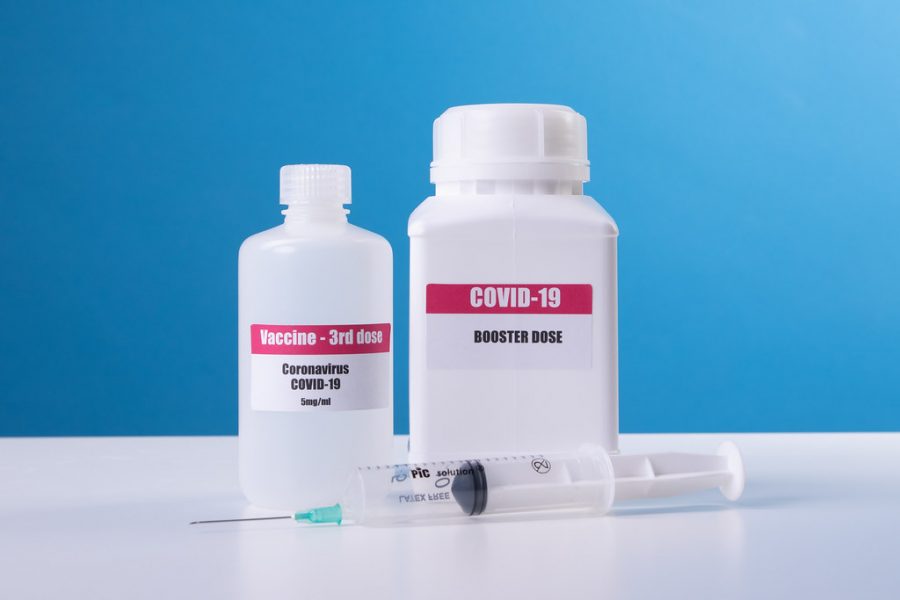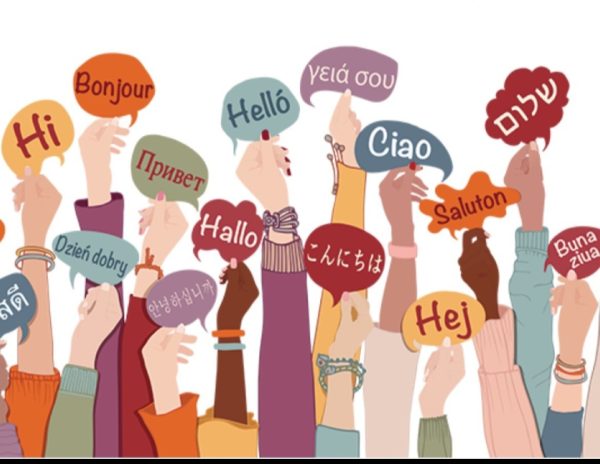The 3rd Vaccine Dose and Booster Shot: Should You Get It?
The booster shot provides an extra punch against the Coronavirus
Reflecting on a year ago today, it feels like a relief to be on the other side of the story. Last October, many of us were sitting in our bedrooms “attentively listening” to teachers’ lectures through an iPad screen. We were confined to our homes like a prisoner to their jail cell. Students throughout the region wondered alike when we would finally return to in-person school.
At first, the Covid-19 vaccine was a mere blip in our imagination, a “happily ever after” to our seven-month fantasy. Though at the time, the vaccine seemed like an unreachable goal to pursue; the following few months proved that theory wrong.
On December 11th, 2020, the FDA (Food and Drug Administration) authorized the first-ever Covid-19 vaccine. Some considered this an early holiday present!
Before we plead for more, it is imperative to recognize how far we have come.
Today, 57% of Americans are fully vaccinated. 404 million doses of Pfizer, Moderna, and Johnson & Johnson have been administered to the public. Not only did the vaccine provide immunity against the Coronavirus, but it also provided a sense of normalcy.
However, the Delta variant ceased our return to a completely normal and maskless life.
The Delta variant is simply a more contagious form of Covid-19. It has the same symptoms and requires the same course of action. Luckily, recent studies concluded that the current vaccine ensures some protection against this variant.
But talk of multiple variants, including the Delta, has medical professionals questioning if a third dose or booster shot should be implemented.
Similar to an annual flu shot, the booster shot would provide an extra punch against the Coronavirus. The third dose would act similarly except for the fact that it would not be recurring. According to Medical News Today, the FDA has “authorized the distribution of the third dose and booster shots of both Pfizer and Moderna Covid-19 vaccines.” So now the real question is, should you get it?
Despite common conceptions, there is no difference between the third dose and the booster shot regarding the substance they inject into your arm. The main difference is who is eligible and when they are eligible.
The third dose is targeted towards those with severe underlying health conditions, such as transplant patients or individuals who struggle with immune deficiency. These specific patients struggle to produce antibodies from mRNA vaccines. The third dose helps the patient acquire the desired amount of antibodies which the initial doses are not capable of.
The booster shot is recommended due to the concern that the average individuals’ immunity to certain viruses tends to wane over time. The booster shot, which is separate from one’s initial vaccine, further protects against new strains. The booster shot is similar to a white shoe: once the shoe gets dirty, it requires cleaning, but it will always remain somewhat white. The initial vaccine will always provide protection, but you need to “polish” your immunity with a booster shot every once in a while.
All in all, you should 100% get the third dose or booster shot if and only if you meet the respective requirements. By getting vaccinated once, twice, or three times, you are not only protecting yourself, but you are also protecting others.
We finally made it to the last chapter, the actual “happily ever after”. However, we must continue pushing through these uncertain times with optimism, intelligence, and selflessness.







